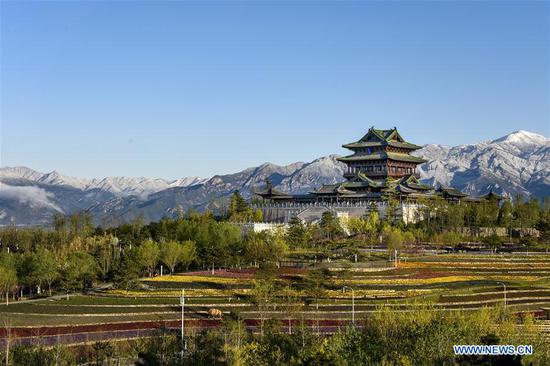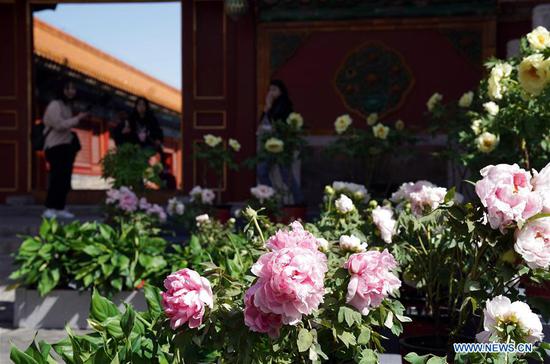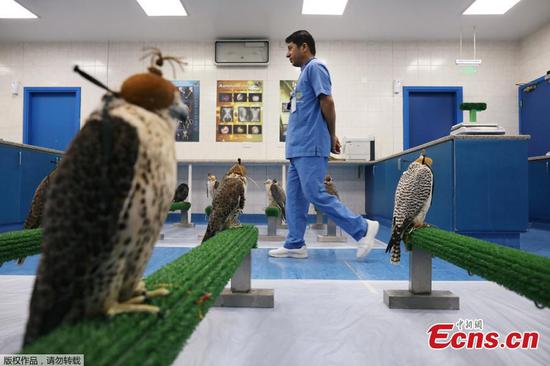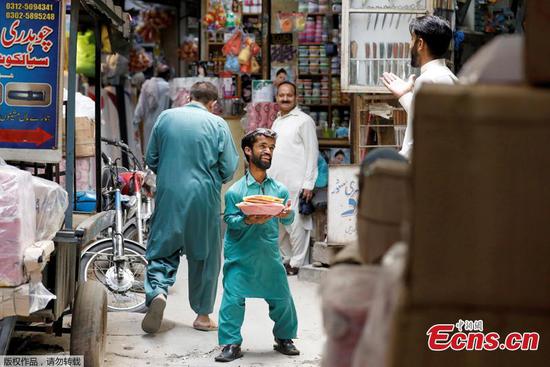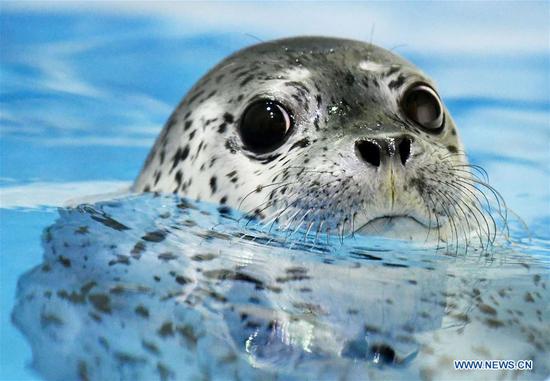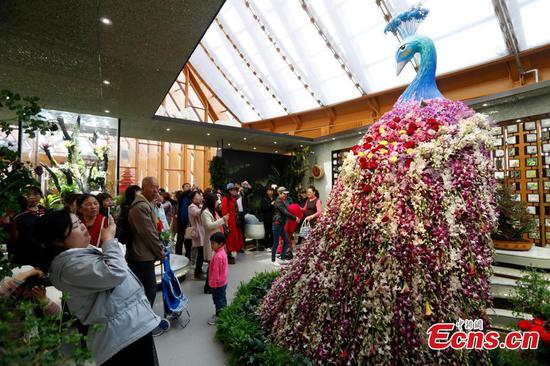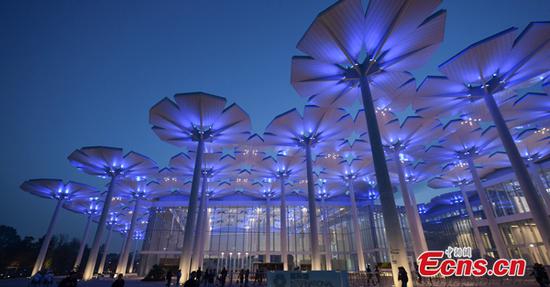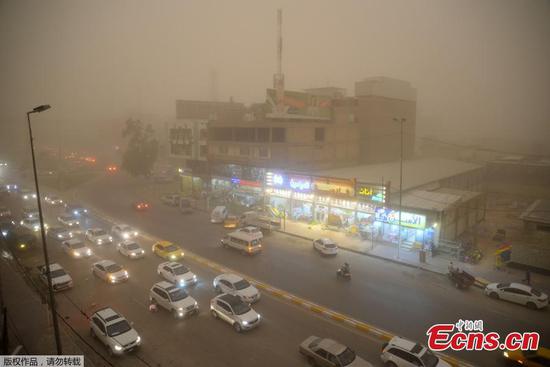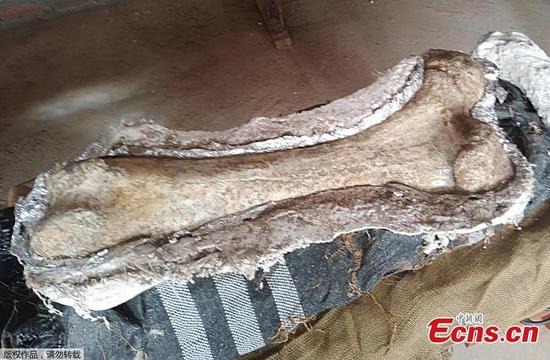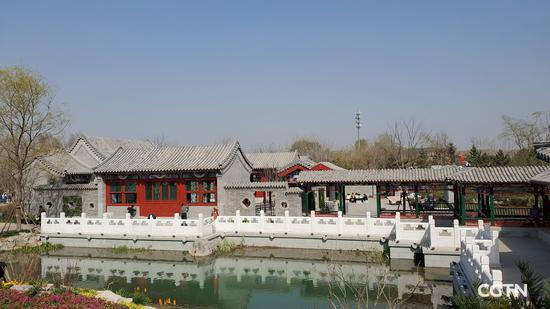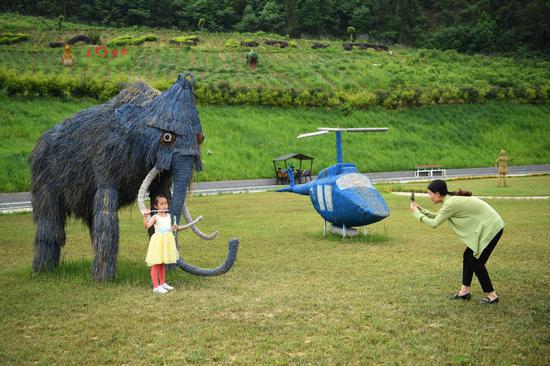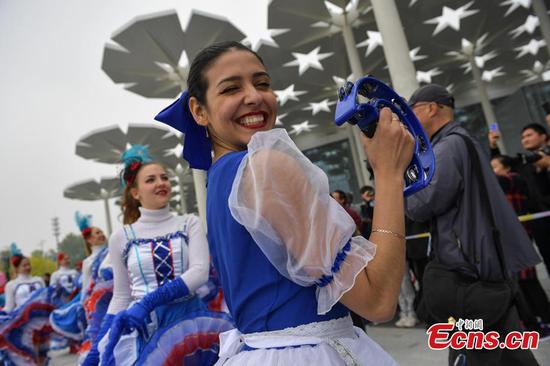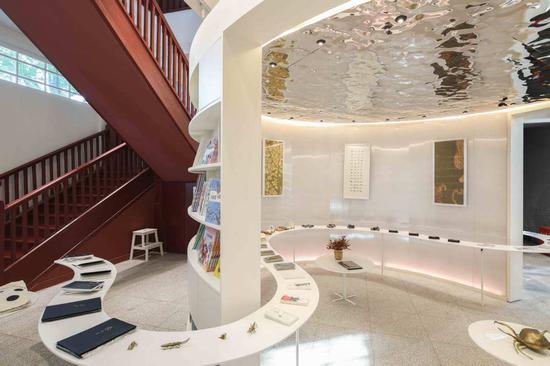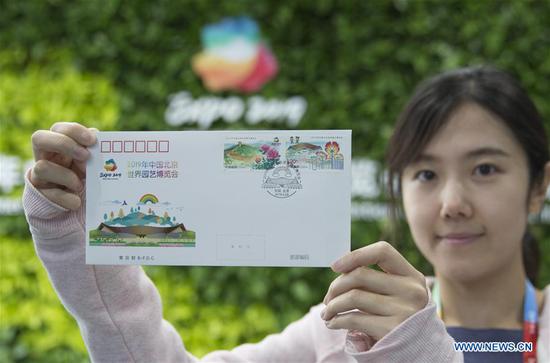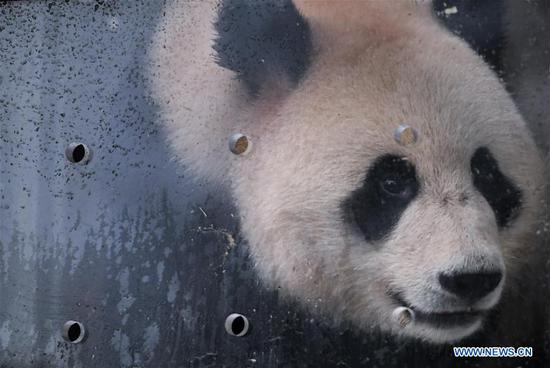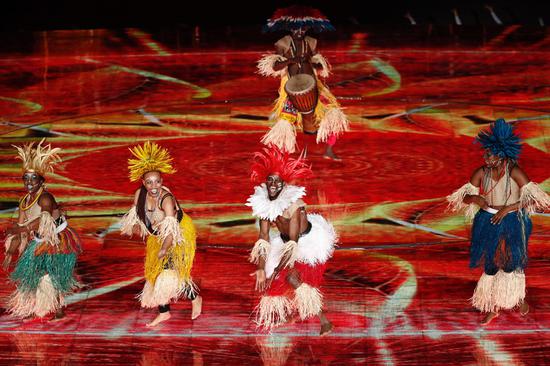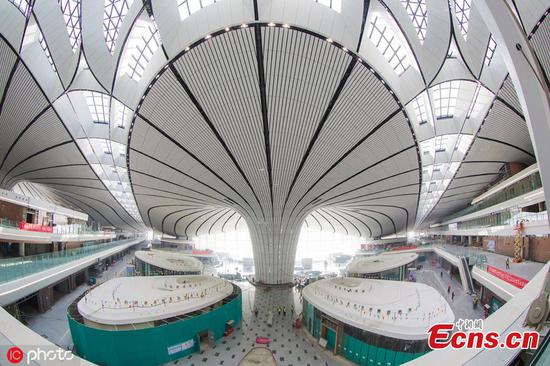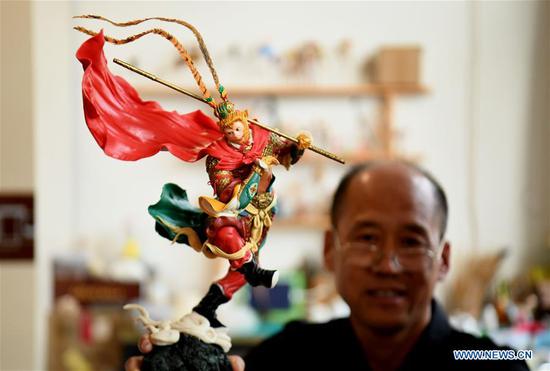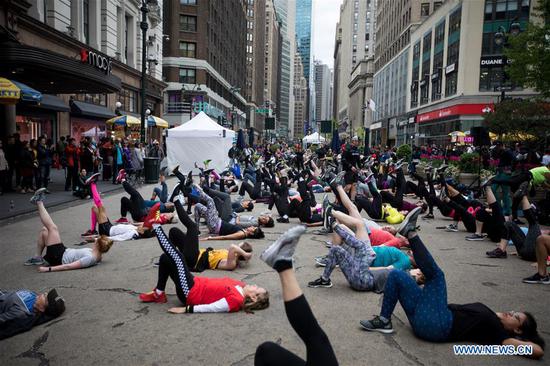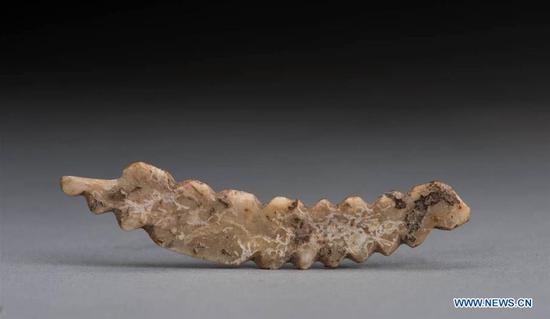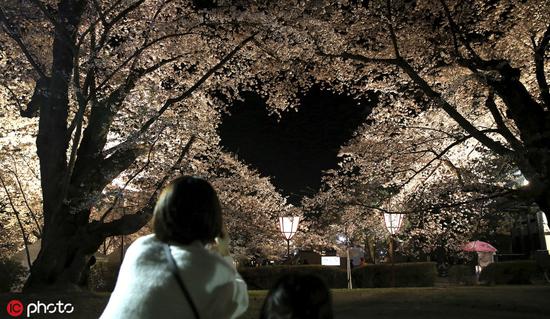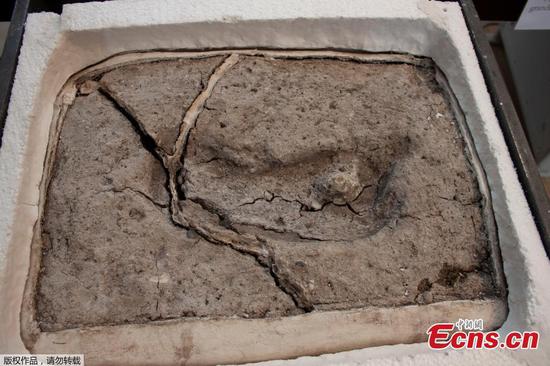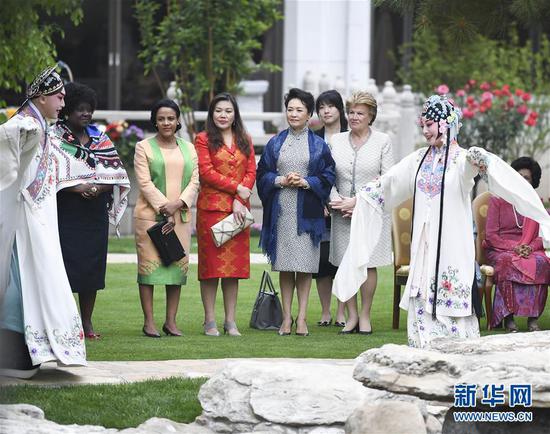
A woman takes a selfie with a White Rabbit souvenir. The household candy brand held an exhibition to mark its 60th anniversary in Shanghai earlier this year. (Photo by Tang Junyan/China News Service)
Chinese tourist destinations are swearing by global standards to earn more revenue
Having traveled to more than 20 countries and regions, Shi Hui, 36, a university lecturer in Shanghai, treasures the souvenirs he bought at each of the places.
Shi goes on at least one trip of about 20 days each year. The souvenirs help keep memories of his experiences overseas fresh, and he proudly flaunts them to visitors to his home.
He also travels widely within the Chinese mainland, but does not feel compelled to buy Chinese souvenirs. This is because most of them are made in Yiwu in Zhejiang province, and appear somewhat similar to each other, lacking distinctive features in terms of style, design and materials used. Worse, not all of them are authentic but shoddy, of low-end variety, he said.
Agreed Zhang Lanmei, 57, a retired Shanghai local. "I go on trips twice a year. I usually do not buy souvenirs on the road, because they are quite similar and less creative, which I can easily find at the stalls of Shanghai's Town God Temple."
Netizens in China joke online Yiwu's residents need not buy souvenirs at other places as all such articles originate in their hometown.
As Shi sees it, there is immense scope to reinvent the concept of souvenirs in general and Chinese souvenirs in particular.
Souvenirs, he said, should be made in various formats-a local snack, curries from India, black tea from Sri Lanka, dried apricots from Xinjiang Uygur autonomous region, or Spanish Iberian ham.
They could also be in the form of a delicate little gift of a key chain, handicraft or fridge magnet, but a special local product would be ideal.
Among his precious collection are Tibetan incense and hada from Tibet autonomous region, shawls from Kashmir, hangs of cloisonnéenamel from Beijing, Yengisar dagger from Xinjiang Uygur autonomous region, and a CD of exotic music.
"My favorite souvenirs are unique and distinctive objects. Stereotyped souvenirs at different destinations will fail to attract visitors and even dampen the impression of a special attraction," said Shi.
Zhou Weihong, deputy general manager of Spring Tour, a part of the Shanghai-based Spring Group, said the cultural and geographical values of local souvenirs are neglected in many cases, adding that the experience of overseas travel-related products can be a benchmark for Chinese souvenirs.
"In Japan, tourism souvenirs have a strong geographic characteristic, and they are made at a particular place, and can be bought only there, nowhere else. In Europe, souvenirs have strong cultural elements, and even a refrigerator sticker can be delicately made and worthy of being added to your personal collection," said Zhou.
The success of creative products released by the Palace Museum in Beijing and Shanghai Disney Resort has set a good standard for local souvenirs, experts said.









